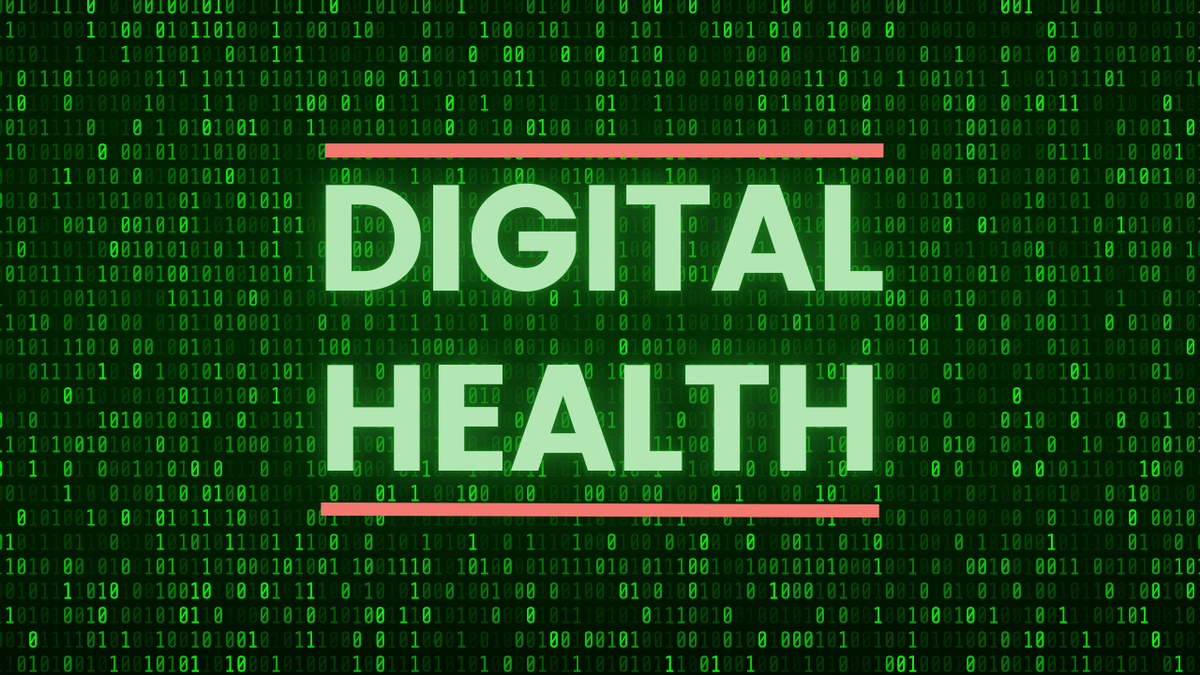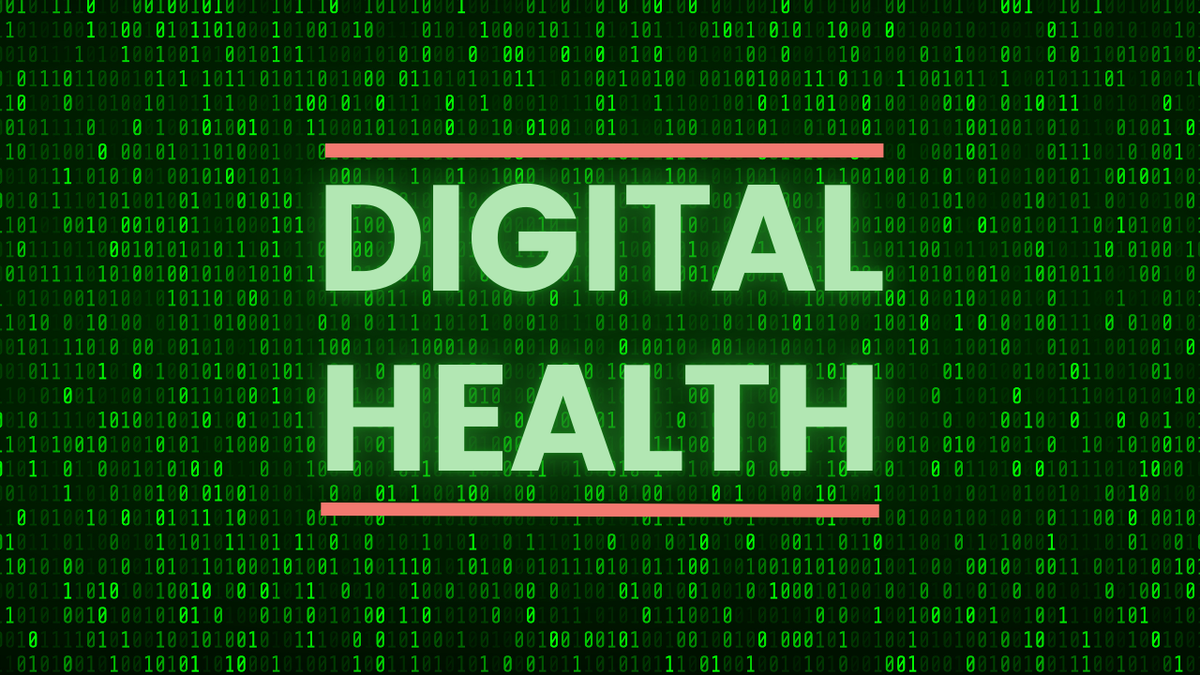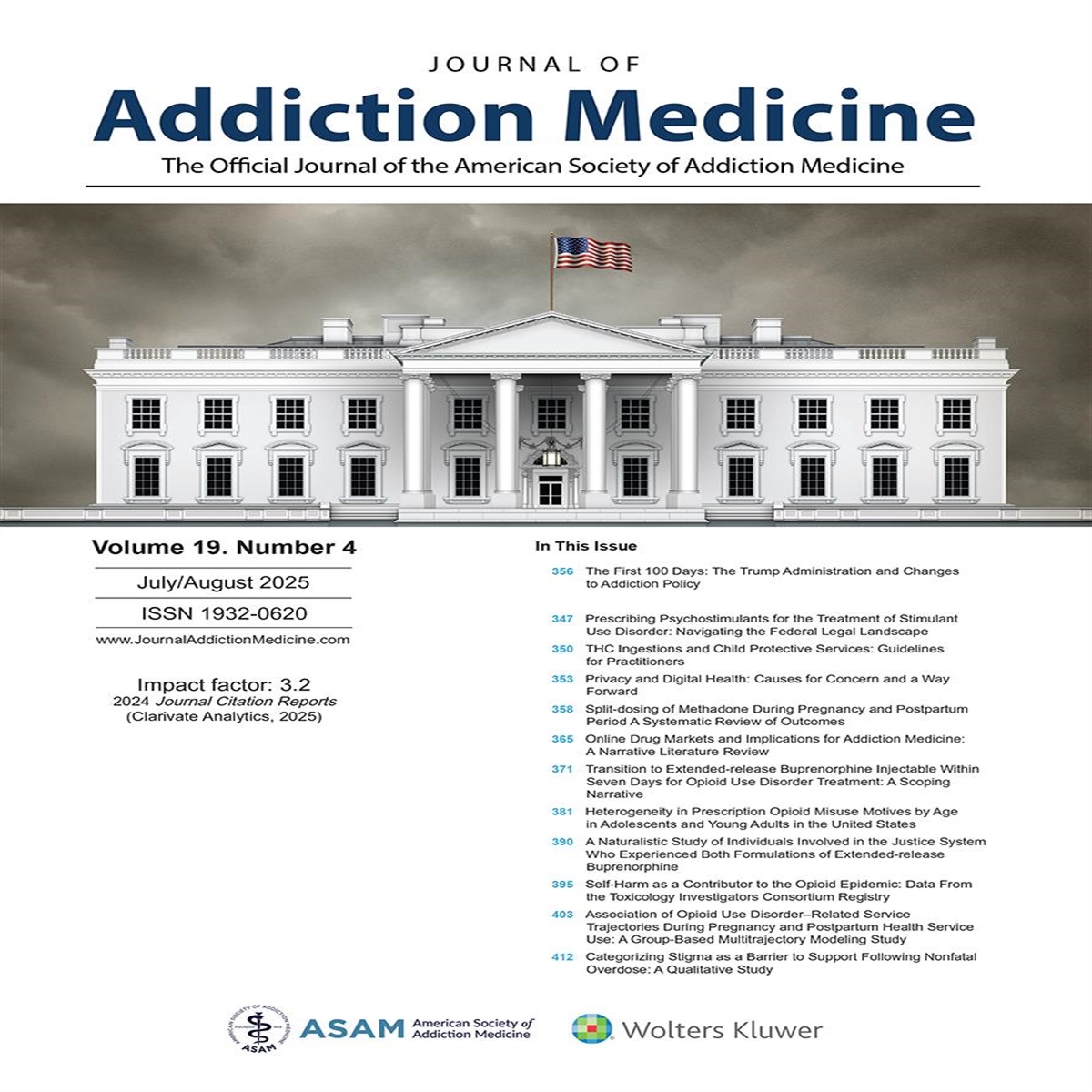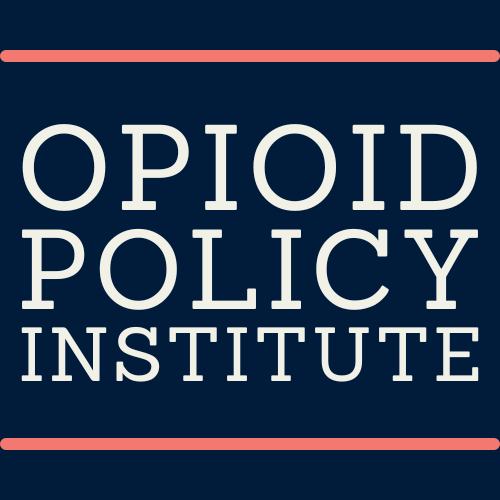Privacy and Digital Health: Causes for Concern and a Way Forward
Check out our recent Journal of Addiction Medicine invited commentary

In our new invited commentary, we discuss the risk associated with lax privacy practices found in digital health approaches to addiction treatment and recovery. These risks only continues to grow as data is hoovered up by law enforcement and companies interested in further marginalizing people who use drugs. We hope this commentary draws more attention to these issues and solutions.
Next steps
We continue to monitor the companies that are sharing this private health data in a way that harms people seeking treatment or recovery supports online.

Keep an eye out for new research and advocacy opportunities.
We'd love to hear from you if you're interested in this topic!
Opioid Policy Institute by Jonathan JK Stoltman, PhD is licensed under CC BY-NC-SA 4.0








